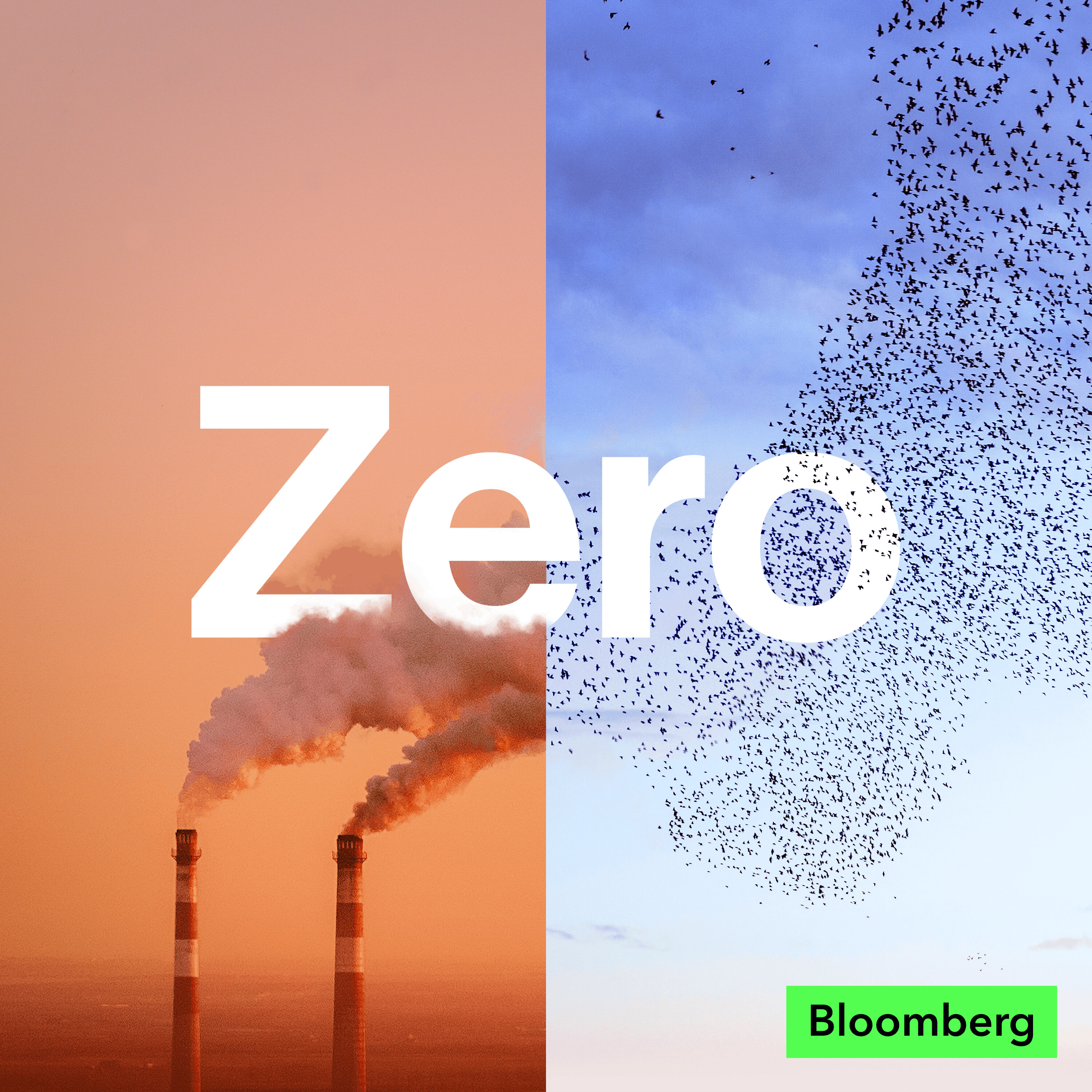Your carbon footprint should bring you joy
Description
The concept of a “carbon footprint” began as a distraction from Big Oil: get people to focus on their own actions rather than the impact of large emitters. Oil companies come up with PR campaigns all the time, but the carbon footprint took off because it taps into a question we keep coming back to, can our choices lower emissions? If so, how? And if they don’t, why bother? This week, Akshat is joined by Kira Bindrim, the editor of Bloomberg Greener Living, which focuses on consumer choices, to talk about what she’s noticed in a year of editing stories about products, misconceptions, and how much people just love to read about electric cars. Plus, we break down her carbon footprint.
Read more:
P&G Just Wants You to Use Your Dishwasher
Why So Many EV Chargers in America Don't Work
A Wool Recycling Tradition Offers Lessons for Fast Fashion
Canada's Wildfires Expose the Climate Change 'Spiral of Silence'
A transcript of this episode
Listen to related episodes of Zero:
The climate case for flying cars - an interview with the man who will help cut Akshat’s carbon footprint.
The writer behind Love Actually wants to green your retirement fund - why you should look into where you store your retirement
Zero is a production of Bloomberg Green. Our producer is Oscar Boyd and our senior producer is Christine Driscoll. Special thanks to Gilda Di Carli and Kira Bindrim. Thoughts or suggestions? Email us at [email protected]. For more coverage of climate change and solutions, visit bloomberg.com/green
See omnystudio.com/listener for privacy information.
More Episodes
Five years ago, the Green Party celebrated its best-ever results in European elections, ushering in a new era of legislative progress But Covid-19, inflation, supply chain woes and Russia’s war in Ukraine stalled its ambitions. Now, in the face of lagging poll numbers, Dutch Member of European...
Published 05/09/24
Published 05/09/24
Africa currently loses between $7 billion and $15 billion a year because of climate change. If that trend continues, the sum could reach $50 billion by 2030. But African Development Bank President Akinwumi Adesina sees a way forward. He describes the financial instruments the bank is using to...
Published 05/02/24


